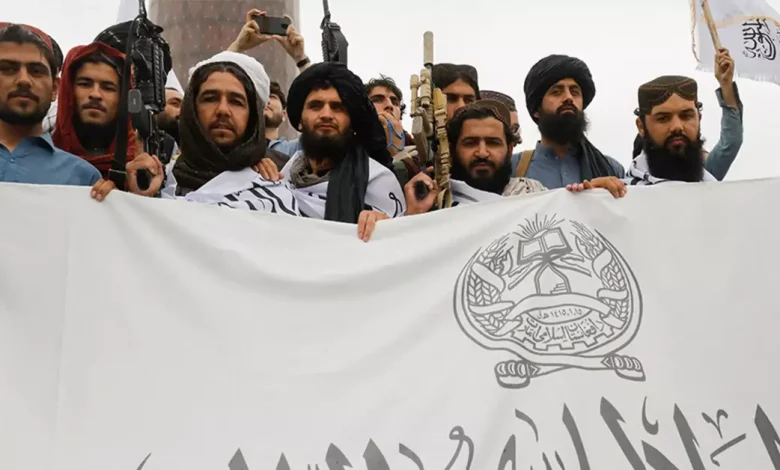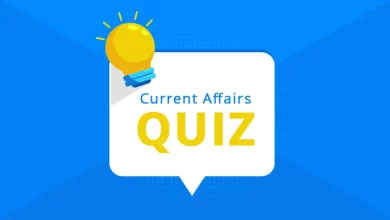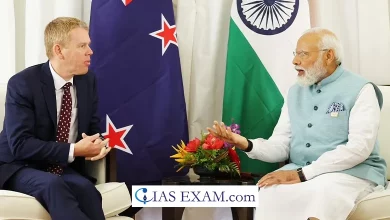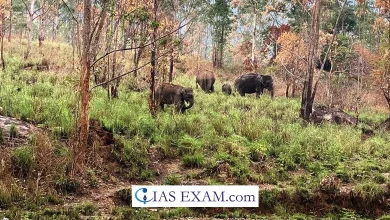Daily Current Affairs for UPSC
Taliban rule in Afghanistan
Syllabus- International Relations [GS Paper-2]

Context- August 15, 2023 marked the second anniversary of the Taliban taking control of Afghanistan on August 15, 2021.
Key Highlights
- In the country of about 40 million people, international aid agencies estimate that this year some 15 million people face “crisis” food insecurity, with 2.8 million in “urgent situations”, the fourth highest rate in the world.
- The WHO also expressed concern that Afghans lack access to basic health services, with about 20 percent of the population suffering from mental health problems and 4 million from drug addiction and related disorders.
- Most health facilities have poor infrastructure and less qualified health workers due to immigration, restrictions on the mobility and employment of women, and dwindling financial resources to pay salaries and keep facilities open.
- Banning girls from school after the sixth grade is part of a regressive set of measures that now keep Afghan girls and women out of classrooms, most workplaces and much of public life.
The Taliban government and India
- The rise of the Taliban and its rule over the past two years has been characterized by a disregard for world norms.
- This put India in a difficult spot and it decided to move in Afghanistan with humanitarian aid to the people of the country.
- Over the past two decades, from 2001 to 2021, India has become one of the top five donors to Afghanistan with over $3 billion in aid approvals.
- India had more than 500 projects in 34 provinces of Afghanistan under five pillars i.e. humanitarian assistance, infrastructure development, economic development, connectivity and capacity building.
- But after August 2021, it continued only with humanitarian aid, which is currently the only pillar.
- India continued to provide medical and food aid to the Afghans.
- India cooperated with UNWFP in internal distribution of wheat in Afghanistan.
- Under this partnership, they delivered a total of 47,500 tons of wheat aid to UNWFP.
- In terms of medical aid, India has so far provided nearly 200 tonnes of medical aid consisting of essential medicines, COVID vaccines, TB medicines and medical/surgical supplies like pediatric stethoscope, blood pressure monitor etc.
- India also continued to support the Habibia School in Kabul and sent assistance in providing winter clothing and accessories for primary school students.
- India has also recently partnered with UNODC in Afghanistan to ensure the well-being of Afghan drug users, especially women.
- As part of this partnership, they delivered 1,100 units of feminine hygiene kits and covers and medical aid to UNODC in Kabul.
Policy of Cautious Engagement
- India followed a policy of cautious engagement where its current emphasis was on giving aid but not on recognition.
- The engagement process began in August 2021 when India’s ambassador to Qatar, Deepak Mittal, met Taliban Political Bureau Chief Sher Mohammad Abbas Stanekzai in Doha at his request. Later, on 2 June 2022, a delegation visited Kabul to monitor the delivery of Indian humanitarian aid to Afghanistan.
- And on June 23, the government decided to send a technical team to monitor and coordinate the efforts of various stakeholders for the effective delivery of humanitarian aid.
- This resumption of diplomatic activity was a major political change, and they have so far operated without security threats over the past year.
What should be done?
- It is important for India to have eyes and ears in Afghanistan and that the rulers of the country have interests so that they do not harm India’s interests.
- India must accelerate its policy on Afghanistan in line with UN Security Council Resolution 2593.
- The Council called on the international community to ensure that Afghanistan is not used as a base to attack another country and called on all parties to seek a “comprehensive negotiated political solution”. ” with the full, equal and meaningful participation of women.
Way forward
- With India hosting the G20 Leaders Summit, it is high time that India leads the international community in demanding accountability from the Taliban.





.png)



